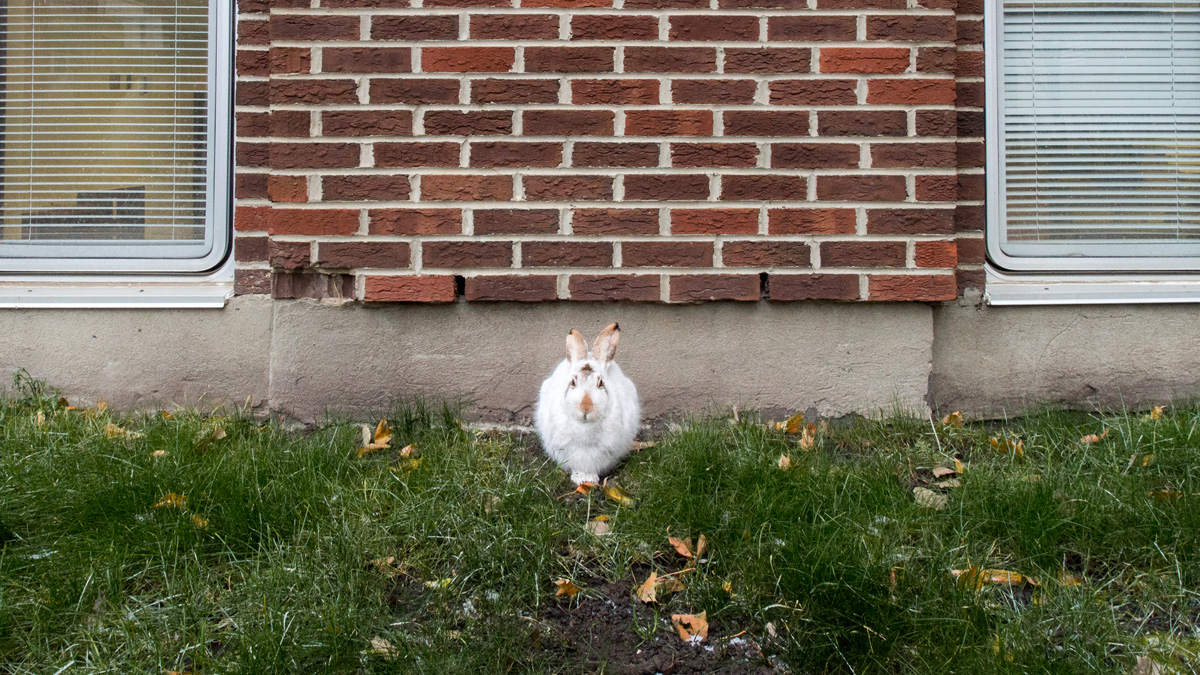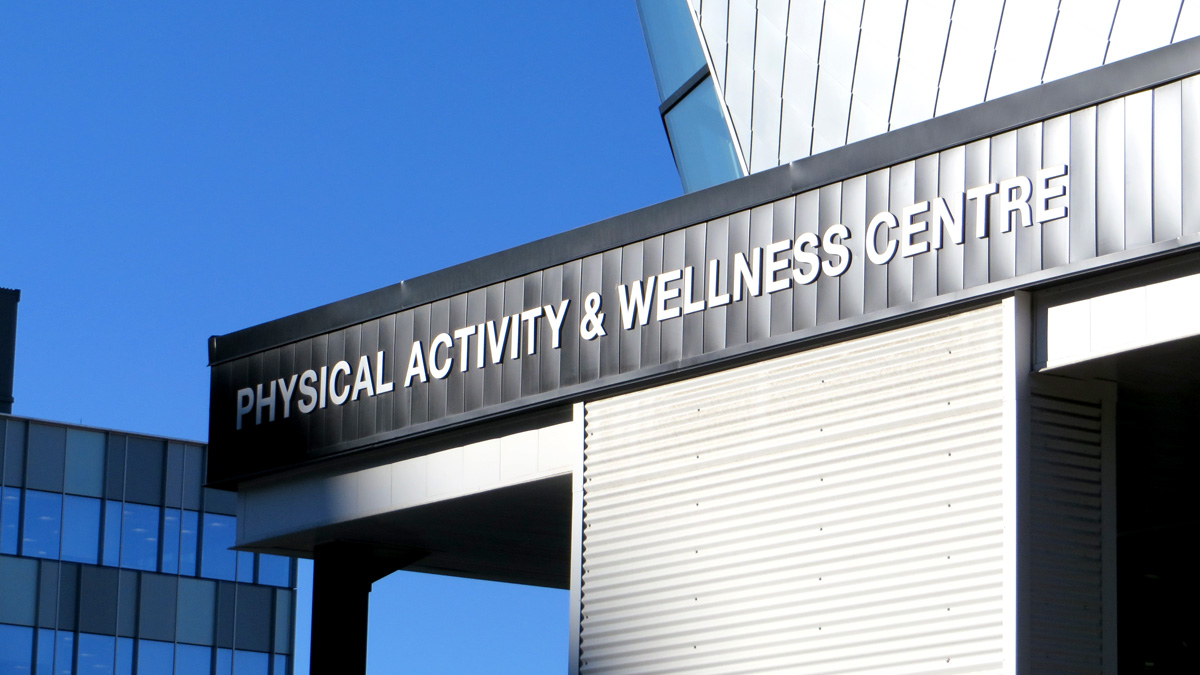Ask a Prof: Should we be concerned that it’s November and it just started snowing?
 Alanna Yee
Alanna YeeEdmontonians have been treated to an unusually warm and nearly snowless November this year. While this has obvious advantages when it comes to delaying buying that pricey winter jacket and and saving your UGGs from salt stains, we’re a little concerned when it comes to the environment — and you know — global climate change.
So we sat down with Assistant Professor Alberto Reyes of the Department of Earth and Atmospheric Sciences about the nature of this unusual weather. Reyes specializes in northern climate change that has happened in the last millions of years to last several centuries. This year he’s teaching EAS 208 (Introduction to Global Change) and EAS 324 (Quaternary Geoscience and Terrain Analysis).
The Gateway: Would you say the weather for this time of year is unusual?
Alberto Reyes: Right now? No. The first couple of weeks certainly felt pretty warm, but the long-term trajectory looks kind of scary at the moment.
Is there a reason it took so long to see snow?
I don’t want to conflate weather and climate. You go through these year-to-year variations in space and time where the weather is different from what you might normally expect it to be. When it happens one or two years in a row, it’s not such a big deal. But when it happens as a part of a larger overall trend, that’s when I start to be a little concerned. I don’t usually think too much about what’s happening in Edmonton or Alberta as opposed to say, the rest of the arctic. That’s more interesting to me.
Is this a trend we’re seeing now, or is this just one of these one or two-year anomalies?
Within Alberta there’s been a trend over the last 60 years towards warming conditions. If you look from 1950 to 2010, there’s an increase of one and a half, two degrees Celsius. That’s a long-term trend where we can ignore those short-term fluctuations and think about the trajectory.
One other way to assess it would be to look at how frequently are we breaking temperature records. I honestly couldn’t tell you in Alberta what those numbers are, but on a globally average basis we keep breaking them year after year. In October — October was kind of cold in Edmonton — but October globally, it was the second warmest October ever on record. And 10 of the warmest Octobers on record have been since 2000. Those are the numbers we think about when we think about climate change. Those long-term, persistent trends.
Is this something we should be concerned about or should we just enjoy our mild winters?
I’m concerned about what’s happening in the arctic more broadly. I’m particularly concerned about what’s happening with things like sea ice in the arctic. Sea ice right now, look at the data from two days ago, is the lowest extent that it’s ever been since we’ve started monitoring that. What happens in the world as a whole is intensely amplified as we move upward towards higher magnitudes.
Are there any positive effects from these weather changes?
Yep. Growing season’s longer. Growing season’s almost a couple weeks longer on average from 1950 in Edmonton. So that could be a good thing. We saw year-to-year variability in the snow that we had in October which was not a good thing for agriculture. A lot of people are just getting their crops done right now.
What can people do to try to mitigate their impact on climate?
People make political choices that influence policy. People make personal choices that have minute, but incremental effects on how we affect the atmosphere. Probably our biggest ability to affect change is through the political process.




